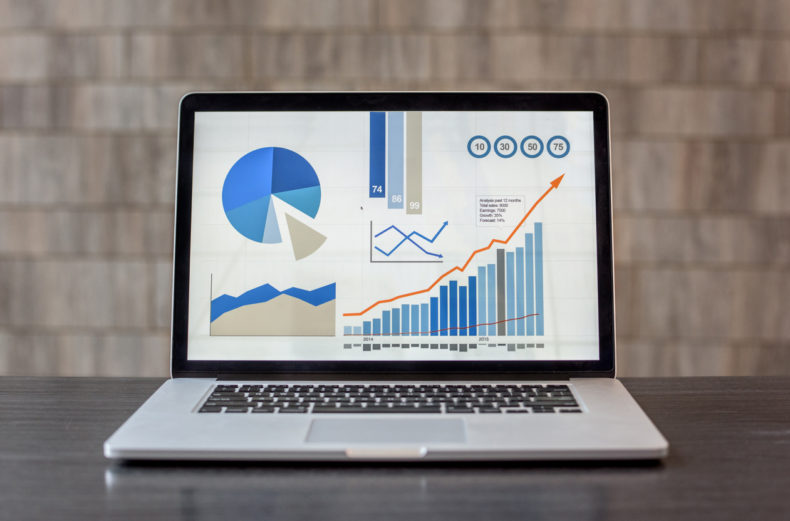Buyer personas are fictional representations of your ideal buyers. They give you a sense of how to engage with these buyers, and through which channels, to support all lead generation initiatives.
Buyer personas help you develop content that meets customer needs. The more detailed they are, the better: they spark creative thought about your messaging. These personas should be developed through real conversations and surveys completed by customers, as well as through conversations with your sales staff.
Once you’ve developed buyer personas, you’ll be able to effectively target your ideal buyers to jump-start lead generation.
Here are some essential questions to include when creating buyer personas:
Background
What are their personal demographics?
Basic categories like age, gender, and location are just the beginning.
What is their education?
For college-educated buyers, try to drill down to specific colleges and majors.
What is their career path?
How did they get where they are today?
How does this buyer learn?
There are many forms of learning, but text vs. video is the big divide in content.
What does this buyer know about you?
Are you a completely new name? Have you interacted before?
 Firmographics
Firmographics
What is their job title?
This is a major component of your prospecting strategy.
What industry do they work in?
Many companies cater to multiple market segments, so be specific.
What is the size of their company?
Setting a firm upper and lower bound helps you qualify leads faster in the future.
Performance
What metrics matter to them?
This helps you determine how leads know when your solution is helping them.
What skills do they use daily?
This helps you align your materials to an outlook and jargon familiar to the buyer.
What daily duties do they face?
What is “a day in the life” of your buyer?
Buying
What solutions similar to yours have they used?
Understanding their level of expertise lets you meet buyers where they are.
Will they be the main user of your solution?
If not, there may be other SMEs you should loop into the buying process.
Does this purchase excite them?
Personal interest level is a powerful barometer of what content and assertions will resonate.
What is their budget?
Budget is one of the key qualifiers you should always look for in a sales scenario.
What is their buying process?
The complexity of the research and requisition process influences sales timeframes.
What is the buyer’s biggest worry about the purchase?
This clues you into the potential objections you might face.
What information sources does this buyer trust?
Knowing favorite platforms and publications helps you craft partnership initiatives.
What influencers matter to this person?
Consider authors, industry figures, peers, and leaders.
Goals
What are the buyer’s pain points?
Marketing and sales collateral must address these issues head-on.
What is the buyer’s biggest business challenge?
Is this purchase directly related to it? If not, how can you emphasize the relationship?
What is the buyer’s main goal?
Pinpoint their biggest goal and you can find the best way to help.
Every type of buyer you serve should have a written buyer persona. This will serve as a roadmap for messaging and targeting so that all marketing materials are timely, relevant, and focused on the potential buyers most pressing needs.
The questions above will get you started on the right foot, but every business is different so there may be other questions you’ll want to include that are specific to your industry or the way your business works.
Buyer personas are an essential part of modern B2B marketing. These twenty-two questions cover the most basic aspects of a buyer persona.